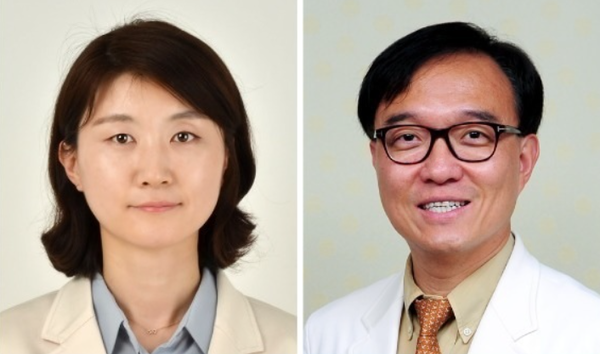Discontinuation of an immunosuppressant (azathioprine), one of the two major treatments, does not affect clinical relapse of Crohn’s disease in pediatric patients, a study said.
The study came as great news for Crohn’s disease patients who have to receive treatments for a lifetime.

Crohn's disease is a chronic inflammatory bowel disease that occurs anywhere in the digestion system, from the mouth to the anus. About one-fourth of Crohn’s disease patients are children under 20.
Pediatric patients with Crohn’s disease suffer from the long duration of the illness, and they find it difficult to discontinue the treatment due to greater concerns of recurrence.
The problem is that the longer the treatment, the greater possibility of serious adverse reactions such as infection or tumor growth.
The research team, led by professors Kim Mi-jin and Choe Yon-ho at the Pediatrics Department of Samsung Medical Center, observed 75 pediatric patients diagnosed with moderate or severe Crohn’s disease between 2012 and 2018.
The median age of the patients at diagnosis was 14.2 years. After receiving biological drug infliximab and immunosuppressant azathioprine, they maintained clinical remission for two years.
Among them, 59 percent (44 patients) continued the combination therapy, and 41 percent (31) discontinued either infliximab or azathioprine or both. Then, the research team investigated what caused a clinical relapse.
In those who withdrew from infliximab, the risk of relapse tripled. In contrast, those who cut azathioprine did not have a relapse.
“The study found that discontinuation of azathioprine could be considered in pediatric patients with Crohn’s disease who have sustained clinical and deep remission,” Kim said.
The long-term use of immunosuppressants or biologic injections that could cause various side effects is burdensome for both physicians and patients, she went on to say.
“Samsung Medical Center is continuously studying on when to start such medication and how to reduce it to bring the best results.”
The study results were published in the latest issue of Scientific Reports.

